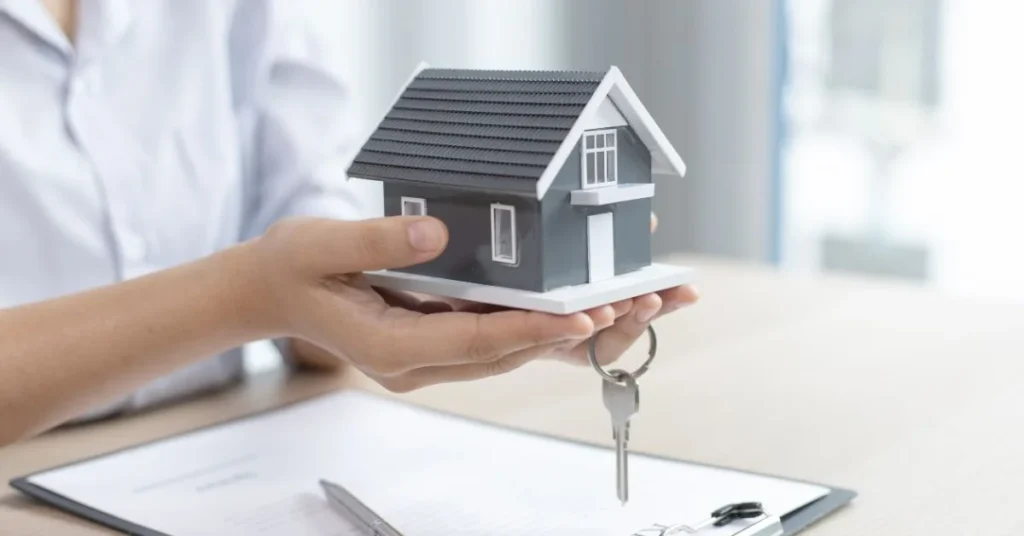When purchasing a home, it’s easy to get caught up in the excitement of house hunting. However, what often goes unnoticed is the critical role your finances play in the process. In today’s market, where home prices continue to climb, being financially prepared is more important than ever.
How much a buyer earns, how well they manage debt, and how much they’ve saved can affect what homes they can afford and how smoothly the process goes.
Let’s explore why evaluating your finances should be the first step before diving into your home search.
Why Being Financially Stable Matters When Buying a Home
Before browsing listings, potential buyers should first assess their financial readiness. Buying a home is a major commitment, and income, spending habits, and existing debt all impact what’s realistically affordable. Lenders rely on these factors to determine loan eligibility, and buyers who overestimate their budget risk future financial strain.
A strong financial base also affects the down payment. The more a buyer can put down upfront, the less they need to borrow, which typically results in lower monthly payments and may even lead to better loan terms.
It’s just as important to safeguard your financial position once the home-buying journey begins. One way to do this is through a loan contingency, which gives you the option to back out of the purchase if you’re unable to secure a mortgage.
For buyers unfamiliar with how this clause works, it might be helpful to explore reliable resources that detail what is a loan contingency and how it protects buyers. Knowing more about this can make the financing process more manageable.
In the end, understanding these financial factors and safeguards empowers buyers to navigate the home-buying journey with confidence, ready for both the planned milestones and any surprises along the way.
Planning for Costs Beyond Financing
Paying the down payment and getting a mortgage are just the beginning. Owning a home comes with many ongoing costs that people often overlook. Property taxes, for example, can change over time. They may increase if the home is reassessed or local tax rates increase.
Home insurance is another regular expense. Costs depend on the home’s location, age, and risk factors like floods or fires. Older homes can also mean higher premiums or the need for extra coverage.
Utility bills, while expected, can fluctuate due to seasonal changes or poor energy efficiency. Moreover, maintenance and repairs are some of the most expensive long-term costs. Things like roofs, heating systems, and plumbing don’t last forever. When they break, repairs can be pricey.
A good rule is to save 1-4% of the home’s value each year for these costs. Doing this helps keep homeownership affordable over time.
What Home Improvements Mean for Potential Buyers
Some potential buyers plan to renovate after moving in, hoping to boost the home’s value. However, not all upgrades offer a strong return. Some just improve comfort without raising resale value.
That’s why it’s important to look beyond the listing price. A home that seems like a bargain could require costly updates down the line.
With that in mind, it’s smart to focus on improvements that add everyday function and long-term value.
1. Kitchen Renovations
Upgrading a kitchen is often one of the most effective ways to increase a home’s value, potentially raising the selling price by 5-6%. However, the impact of the renovation depends on the amount spent.
There are several types of kitchen projects to consider, but homeowners need to consider local market demand before deciding how much to invest. The value added by the renovation will largely depend on what buyers in the area are seeking.
2. Bathroom Remodeling
Bathrooms are another area where renovations can increase value. According to Roman Smolevskiy, a general contractor, a stylish, updated bathroom is highly valued by homebuyers. In fact, in 2024, a bathroom remodel can increase a home’s value by up to 73.7% of the money spent on the project.
While it may not fully recoup the entire cost, a bathroom remodel is still considered one of the highest-return renovations homeowners can make before selling.
3. Energy-Efficient Improvements
Energy-efficient upgrades reduce utility bills and increase a home’s overall value. Features like a high-efficiency HVAC system, better insulation, or a metal roof appeal to buyers looking for sustainability.
When selling, showing energy ratings or past utility bills on the MLS can help highlight these improvements and positively impact the home’s market value.
How to Pay for Your Home Upgrades
Every home needs attention eventually. From small updates to big fixes, knowing how to manage those future costs helps keep finances in check. Here are a few common ways people handle upgrade expenses when the time comes.
- Paying with savings is often the simplest and most budget-friendly option. It’s smart to start with smaller projects and scale up as savings grow, helping avoid overspending or debt.
- Home Improvement loans. These unsecured personal loans don’t require collateral and are offered by many banks and lenders. Approval depends on credit and income, and funds are usually available quickly, making them ideal for bigger upgrades that can’t wait.
- Credit cards. Credit cards can be useful for small to mid-size improvements. They offer fast access to funds and the potential to earn rewards on purchases. Just be sure to have a repayment plan to avoid high interest over time.
Patience, Preparation, and the Payoff of Smart Homebuying
Purchasing a home is a major decision that deserves careful planning. Potential buyers must look at their finances, shop around for loan terms, and understand what they are getting into. One should reflect on how this decision will impact their finances, lifestyle, and future. A little patience and preparation can help make this significant step rewarding in the long run.


